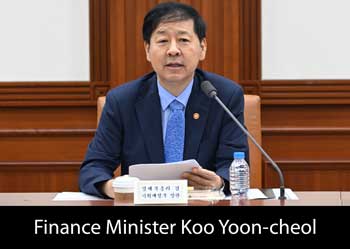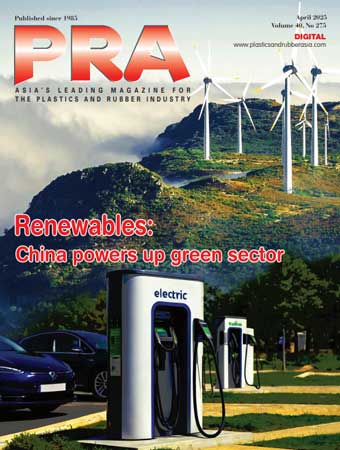South Korean petchem sector to undergo restructuring

Almost ten South Korean petrochemical companies are likely to reduce their naphtha capacity. These include small and stand-alone naphtha crackers that are likely to shut while some plants could merge as part of an overhaul of South Korea's oversupplied petrochemical sector, which will cut naphtha demand at the world's largest importer of the fuel, according to a Reuters report.
The petrochemical companies agreed to reduce their naphtha-cracking capacity by between 2.7 million and 3.7 million tonnes/year to reduce surplus supply and improve profitability, according to government officials. That would mean shutting down as much as 25% of the country's annual capacity, according to Reuters calculations based on total capacity of 14.7 million tonnes.
The companies will need to submit an outline on how the cuts will be done by the end of the year, the industry ministry said.
"The key for overcoming this crisis is clear - reducing capacity and restoring fundamental competitiveness," Finance Minister Koo Yun-cheol had said in a statement. He added that the petrochemical industry made a mistake by allowing overcapacity and failing to shift to making higher-value products.
South Korea's leading petrochemical companies include LG Chem, which is the top producer of ethylene and propylene, as well as GS Caltex, Lotte Chemical, Hanwha TotalEnergies, S-Oil and HD Hyundai Chemical.
According to Reuters, SK Innovation is considering various options including the possible closure of a cracker. Its subsidiary SK Geo Centric operates a 660,000-tonne/year cracker at Ulsan.
Analysts say Yeochun NCC Co (YNCC), a joint venture between DL Chemical and Hanwha Solutions and the country's third-largest ethylene producer, may have to shut one or two of its three crackers.
A Hanwha spokesperson said the company is considering various options and plans to submit their plan to the government as soon as possible.
HD Hyundai is looking to acquire Lotte Chemical’s naphtha cracker, or the companies may merge their cracker operations, trade sources have said.
The Korean government has set three goals for the restructuring, reducing overcapacity and facilities, improving finances at companies and minimising the impact on local economies and jobs, the industry ministry said in a statement.
The government will seek to restructure three industrial complexes in the country simultaneously and offer a support package for the industry, it said.
Margins have plunged for petrochemical companies in South Korea and across the globe due to an oversupply of products caused by relentless capacity additions in the last decade, particularly in China, the world's biggest petrochemical market, with demand being sluggish over the last four years.
Analysts do not expect global petrochemical margins to recover before 2027.
South Korea’s exports of petrochemical products were US$21.7 billion in the first half of this year, down 11% from a year earlier, amid price declines and global oversupply.
(PRA)SUBSCRIBE to Get the Latest Updates from PRA Click Here»











